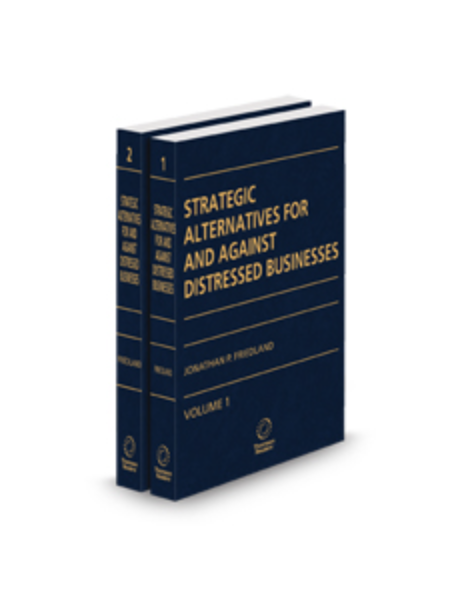The Five Compelling Reasons to Enlist a Consultant for Nonprofit Strategic Planning
Introduction
Strategic planning is a cornerstone for any nonprofit organization aiming to make a meaningful impact in its community. While internal teams possess invaluable insights, the expertise of an external consultant can provide fresh perspectives, specialized knowledge, and a structured approach that can be transformative. In this article, we will explore the five compelling reasons why nonprofits should consider engaging a consultant to lead their strategic planning.
1. **Objective Expertise**
Nonprofit organizations often operate within complex environments, balancing multiple stakeholders, limited resources, and diverse missions. A consultant brings an objective viewpoint, unencumbered by internal biases or historical perspectives. They can conduct a thorough analysis of the organization's strengths, weaknesses, opportunities, and threats (SWOT analysis) and identify strategic priorities without being influenced by internal politics. This outside perspective helps in crafting a strategic plan that is both realistic and visionary.
2. **Specialized Knowledge and Experience**
Experienced consultants possess a wealth of knowledge across various industries, including nonprofit management. They have worked with numerous organizations, witnessing a wide array of challenges and successes. This wealth of experience enables them to provide tailored advice and best practices that may not be readily apparent to internal teams. Moreover, they are adept at recognizing emerging trends and innovations in the nonprofit sector, ensuring that the strategic plan is forward-thinking and adaptable.
3. **Facilitation and Process Expertise**
Leading a strategic planning process requires a delicate balance of structure and flexibility. Consultants are skilled facilitators, adept at guiding stakeholders through workshops, brainstorming sessions, and discussions. They excel at managing group dynamics, ensuring that all voices are heard and consensus is achieved. Furthermore, they bring a structured methodology to the process, ensuring that key milestones are met and that the plan remains on track.
4. **Resource Efficiency**
Hiring a consultant for strategic planning can ultimately lead to cost savings. While it may seem like an additional expense upfront, the efficiency and focus that a consultant brings can expedite the planning process. This can save valuable staff time and resources that would have been expended on navigating the complexities of strategic planning without expert guidance. Additionally, a well-crafted strategic plan can lead to increased funding and support, offsetting the cost of hiring a consultant.
5. **Accountability and Measurable Results**
Consultants often operate on a project-based model with clear deliverables and timelines. This ensures a high level of accountability throughout the strategic planning process. Key milestones are set, progress is monitored, and adjustments are made as needed. This results-oriented approach increases the likelihood of a successful and actionable strategic plan that can be effectively implemented and measured.
Conclusion
In the realm of nonprofit strategic planning, the guidance of a seasoned consultant can be a game-changer. Their objective expertise, specialized knowledge, facilitation skills, resource efficiency, and results-oriented approach all contribute to a more effective strategic planning process. By enlisting the help of a consultant, nonprofit organizations can navigate the complexities of their missions with confidence, ensuring a lasting and positive impact on their communities.




